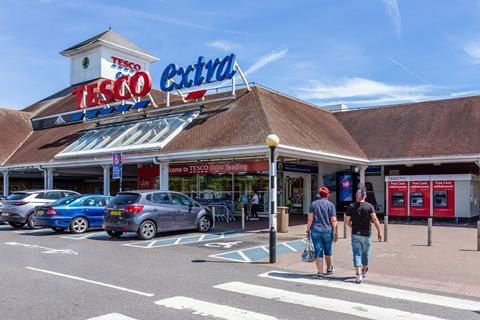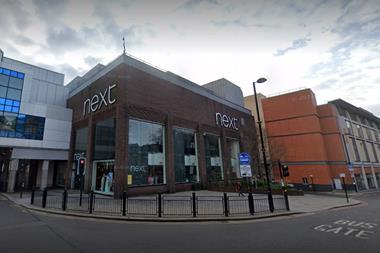Buses – wait for ages then three come along at once. Such is the case with the interest shown by CD&R, Apollo and Fortress in Morrisons, an equity that has been sidelined in price terms for a sustained period.

I can’t comment on the Morrisons bid, as we are a broker to the company, but looking at the sector more broadly, we can ask why other buckets of capital want to own supermarkets and the like when equity capital markets do not. Is this some form of market failure?
Morrisons, on which we await the outcome of the bid situation, is far from the only story. The Issa brothers (high-net-worth individuals/family office) and TDR Europe (private equity) previously acquired the lion’s share of Asda from US retail behemoth Walmart for more than £6bn, while Canada’s rampaging forecourt business Couche-Tard attempted to buy Carrefour, only for the French government to block the approach due to the retailer’s national treasure status.
Billionaire Daniel Kretinsky has taken a 10% stake in Sainsbury’s and made an unsuccessful approach for Metro in Germany. And in this era of low-cost, hugely available debt, Tesco’s market capitalisation of around £18bn is far from too big to be swallowed by mega-PE.
The obvious question is what these buckets of capital – we could throw sovereign wealth funds into the mix too, as the Qatari Investment Authority owns around 15% of Sainsbury’s – see in supermarkets that equity capital market fund managers do not.

Liquidity is a factor. Private equity players raise and have access to a lot of cash in these ultra-low-interest-rate times. This has to be deployed, and asset-backed, cash-generating supermarkets tick a number of boxes for these investors, especially the scope to draw on freehold assets to deleverage, as Asda’s new owners have done.
Of equal if not greater importance is UK supermarkets’ superior economic outlook. Their esteem has been raised by the pandemic; compound annual value growth of the market exceeds new capacity; capital discipline remains to the fore; German discounters have been through peak disruption; and the online channel is no longer so vice-like. So, the scope to generate prodigious free cash is high, as manifested in high single-digit/low double-digit free cash flow yields of Sainsbury’s & Tesco equities.
In eschewing the listed supermarkets’ stocks, equity capital fund managers are providing ample opportunity for other capital buckets to not only deploy capital, but in time to make materially greater returns.
UK supermarkets are not the only British commercial assets to be targeted by those other buckets, especially international ventures. The current time may determine the future of many British industries, but could it also be looked back on as a time of super market failure?
Dr Clive Black is head of research at Shore Capital Markets






























No comments yet